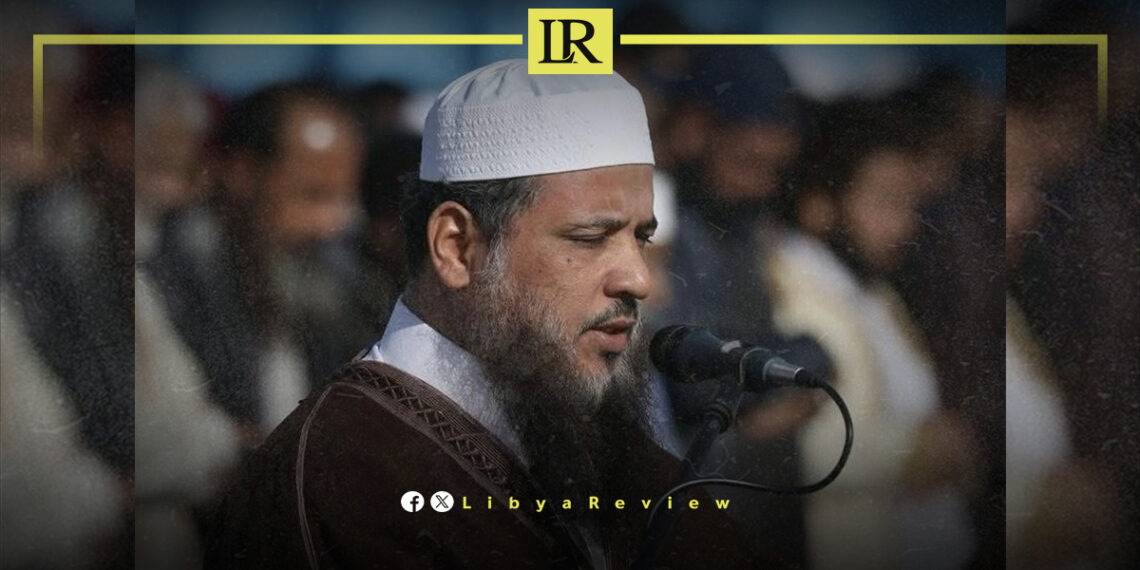Hundreds of residents gathered in Benghazi’s Kish Square on Saturday to perform Salat al-Istisqa, asking God to bless the country with much-needed rain after this season’s prolonged delay in rainfall.
In his sermon, the preacher called for a renewed return to faith and reminded worshippers of the spiritual consequences of sins on individuals and society.
He stressed that the blessing of rain should not be met with heedlessness, and that prayer, repentance, and seeking forgiveness are among the causes of divine mercy.
Benghazi’s Endowments Office broadcast the prayer and sermon live on its official Facebook page, allowing citizens who could not attend in person to follow the ritual remotely.
Libya has been in chaos since a NATO-backed uprising toppled longtime leader Muammar Gaddafi in 2011. The county has for years been split between rival administrations.
Libya’s economy, heavily reliant on oil, has suffered due to the ongoing conflict. The instability has led to fluctuations in oil production and prices, impacting the global oil market and Libya’s economy.
The conflict has led to a significant humanitarian crisis in Libya, with thousands of people killed, and many more displaced. Migrants and refugees using Libya as a transit point to Europe have also faced dire conditions.
The planned elections for December 2021 were delayed due to disagreements over election laws and the eligibility of certain candidates. This delay has raised concerns about the feasibility of a peaceful political transition.
Despite the ceasefire, security remains a significant concern with sporadic fighting and the presence of mercenaries and foreign fighters. The unification of the military and the removal of foreign forces are crucial challenges.


